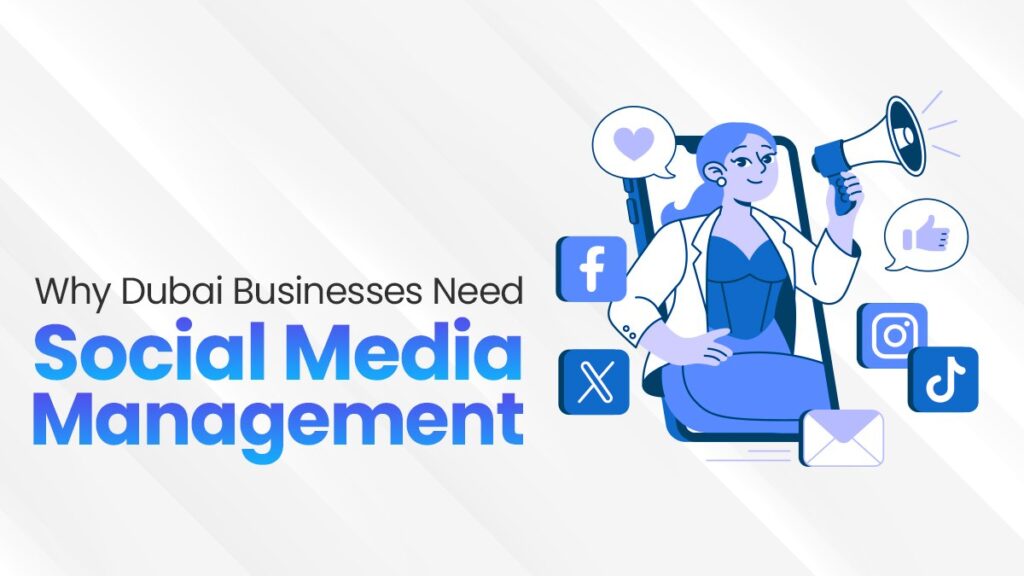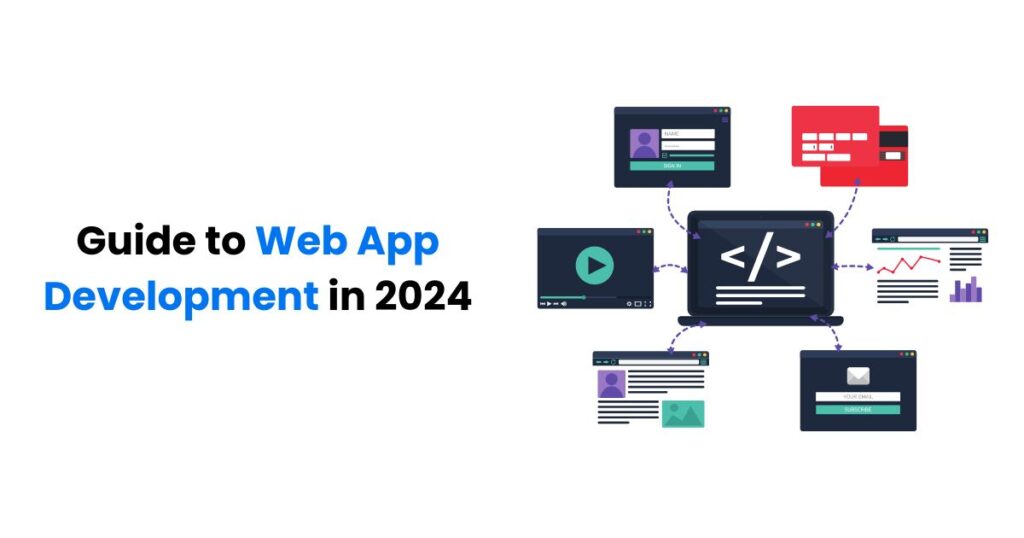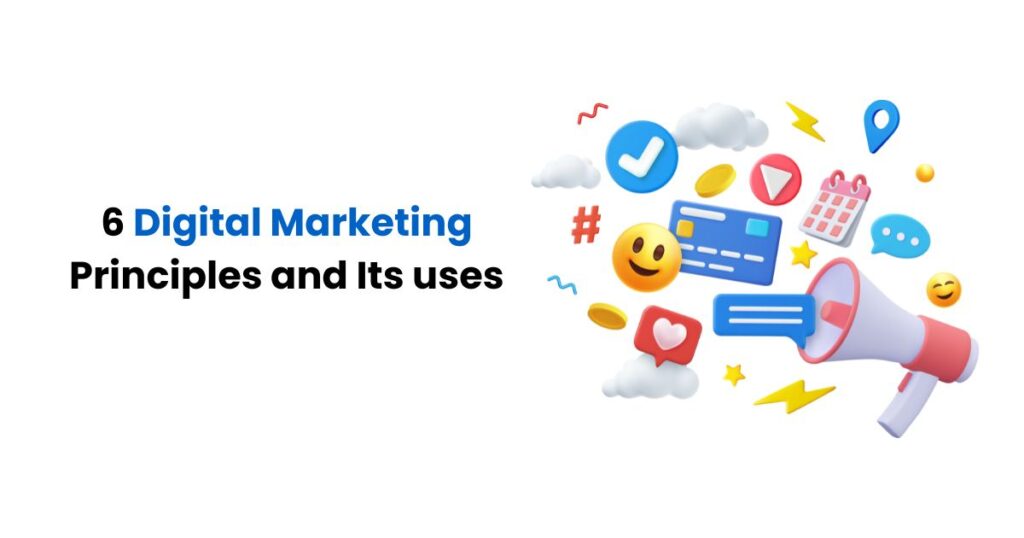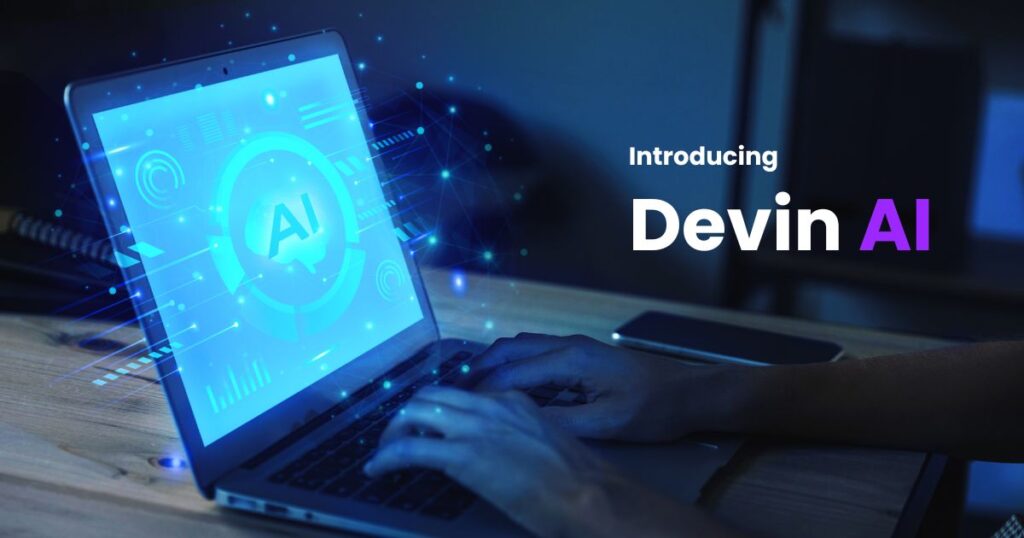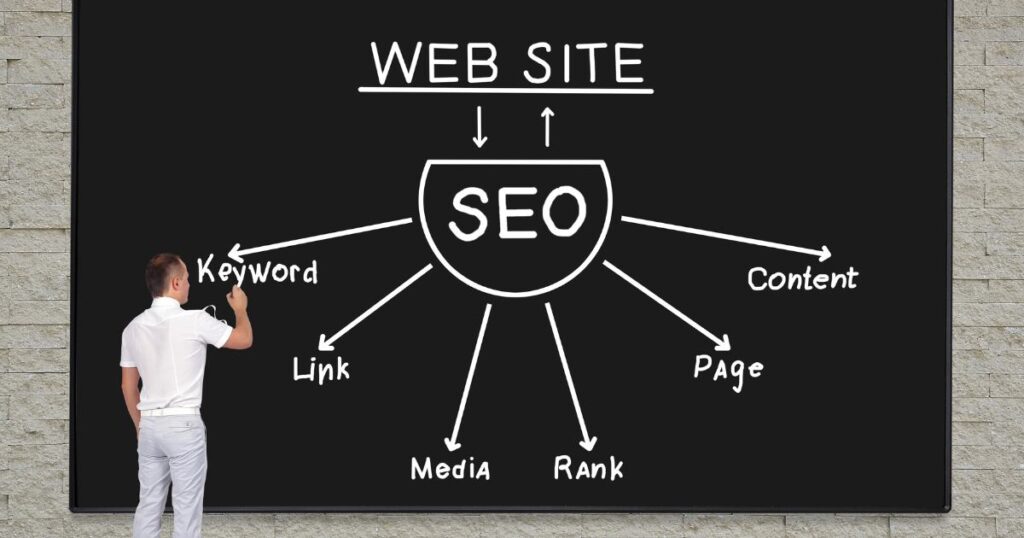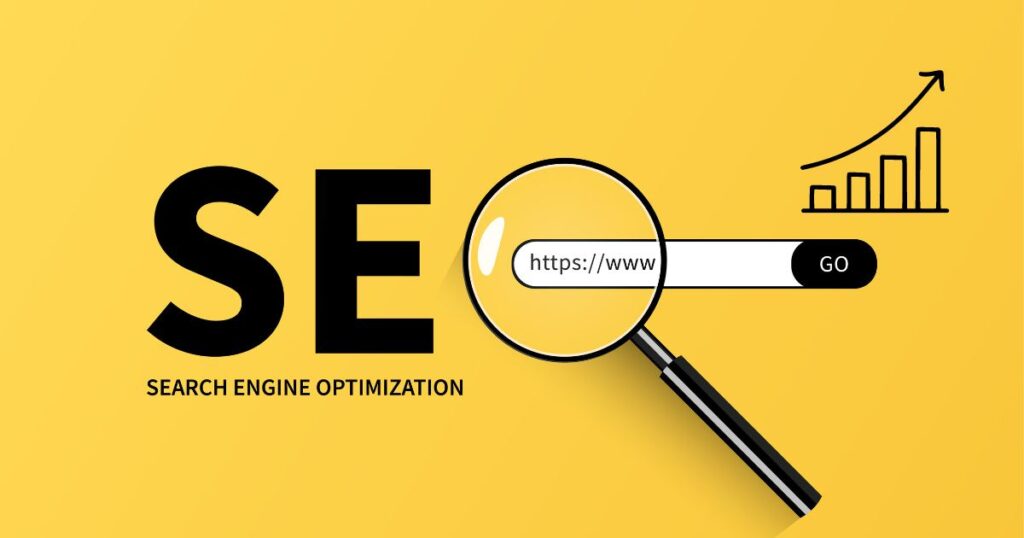AI is Transforming Digital Marketing
In the fast-paced world of digital marketing, staying ahead of the curve is essential for success. Artificial Intelligence (AI) has emerged as a game-changer, revolutionizing the landscape and providing unprecedented opportunities for marketers. In this blog, we will delve into how AI is transforming digital marketing, exploring the opportunities it presents and the challenges that marketers must navigate. From enhancing PPC campaign management to optimizing digital marketing services and leveraging expert SEO services, AI is reshaping the industry.
Opportunities
Personalized Customer Experiences

AI enables marketers to analyze vast amounts of customer data to understand preferences, behaviors, and purchase patterns. This information is then used to create highly personalized experiences for users. From tailored content recommendations to personalized email campaigns, AI-driven personalization enhances customer engagement and loyalty.
Optimized PPC Campaign Management
PPC campaigns are a staple in digital marketing, and AI brings a new level of precision to their management. AI algorithms analyze user behavior, demographics, and online activities in real-time to optimize bidding strategies. This results in more efficient spending, higher conversion rates, and improved ROI for PPC campaigns.
Chatbots and Virtual Assistants

AI-powered chatbots and virtual assistants are transforming customer interactions. These tools provide instant responses to user queries, offer personalized recommendations, and guide customers through the purchase journey. By automating customer support and engagement, businesses can enhance user satisfaction and streamline operations.
Predictive Analytics for Better Insights
AI-driven predictive analytics allows marketers to anticipate future trends, behaviors, and market changes. By analyzing historical data, AI algorithms can provide insights into potential customer actions, enabling businesses to make informed decisions and stay ahead of the competition.
Content Creation and Curation

AI is playing a role in content creation by automating certain aspects of the process. From generating product descriptions to creating personalized content based on user preferences, AI tools can increase the efficiency of content creation and curation, allowing marketers to focus on strategy and creativity.
SEO Optimization with Expert SEO Services
Search Engine Optimization (SEO) is a critical component of digital marketing. AI enhances SEO strategies by providing insights into search algorithms and user intent. Expert SEO services leverage AI tools to optimize content, keywords, and website structure, resulting in improved search rankings and visibility.
Programmatic Advertising

AI-driven programmatic advertising automates the buying of ad inventory in real-time. This ensures that ads are displayed to the right audience at the right time, optimizing ad spend and increasing the chances of conversion. Programmatic advertising powered by AI is more efficient and effective than traditional methods.
Social Media Management
AI tools are revolutionizing social media management by automating content scheduling, analyzing engagement metrics, and even suggesting optimal posting times. This allows marketers to streamline their social media efforts and focus on creating impactful content.
Challenges
Data Privacy Concerns

As AI relies heavily on data, privacy concerns have become a significant challenge. Marketers must navigate the fine line between leveraging customer data for personalization and respecting user privacy. Striking the right balance is crucial to building trust with consumers.
Algorithm Bias
AI algorithms are only as good as the data they are trained on. If the training data contains biases, the algorithms may produce biased results. Marketers need to be vigilant in addressing algorithmic bias to ensure fair and unbiased decision-making in their campaigns.
Skill Gap and Training

Implementing AI in digital marketing requires a workforce with the right skills. There is a growing need for professionals who understand both marketing principles and AI technologies. Bridging this skill gap through training and education is a challenge that the industry must address.
Integration with Existing Systems
Integrating AI tools with existing marketing systems can be challenging. Marketers often face issues related to compatibility, data migration, and system integration. Seamless integration is essential to ensure the smooth functioning of AI-powered marketing solutions.
Cost of Implementation

While AI technologies offer tremendous benefits, the initial cost of implementation can be a barrier for some businesses. Marketers must weigh the potential returns against the upfront costs and demonstrate the long-term value of AI investments to stakeholders.
Overreliance on Automation
While automation is a strength of AI, overreliance on it can lead to a lack of human touch in marketing efforts. Maintaining a balance between automation and human creativity is essential to create authentic and compelling brand experiences.
Constant Evolution and Adaptation

The field of AI is constantly evolving, with new technologies and algorithms emerging regularly. Marketers need to stay updated with the latest advancements to harness the full potential of AI in their digital marketing strategies. This requires a commitment to continuous learning and adaptation.
Ethical Considerations
As AI becomes more ingrained in marketing practices, ethical considerations come to the forefront. Marketers must navigate issues related to transparency, disclosure of AI usage, and the ethical implications of data-driven decision-making.
Conclusion
AI is undeniably transforming digital marketing, offering unprecedented opportunities for personalization, optimization, and efficiency. From enhancing PPC campaign management to leveraging expert SEO services, AI is reshaping how marketers strategize and execute their campaigns.
However, along with these opportunities come challenges that marketers must navigate carefully. Addressing data privacy concerns, mitigating algorithm bias, and ensuring ethical AI usage are imperative for building trust with consumers and sustaining long-term success.
As the digital marketing landscape continues to evolve, businesses that embrace AI strategically, navigate challenges thoughtfully, and stay attuned to industry trends will position themselves for success in the dynamic and competitive world of digital marketing. AI is not just a technological tool; it’s a catalyst for innovation and a driving force behind the next era of marketing excellence.


